Purpose
By Samuel T. Wilkinson (Pegasus Books, 2024)
Yale psychiatrist Samuel T. Wilkinson’s Purpose belongs to a small but highly touted group of recent books that attempt to defend an understanding of human purpose and human exceptionalism while negotiating the challenges posed by Darwinian evolution.
Wilkinson’s advocacy of an evolutionary approach to human purpose is certainly welcome. However, the scope of the discussion is sometimes too narrow. Wilkinson focuses on casting doubt on elements of chance involved in Darwinian evolution while failing to note the widespread presence of chance throughout the history of life on Earth and the entire universe. The author seems to attribute this to acceptance on the part of scientists even though chance is reliably observed at every scale, from the quantum to the cosmological.
Randomness is a component of evolutionary theory because it is well established by observation. It’s not a doctrine, yet Wilkinson tends to generalize much of the science, often in quasi-religious terms, rather than engaging it more deeply. Had he noted more specialized work, rather than touching on the more general aspects of evolution, this could have supported his case.
Advocating an evolutionary approach to human purpose is certainly welcome. The author does, however, miss an opportunity to question why humans need to believe we are the center of creation—why we feel that a benevolent God must have a plan for each of us? As the Bible tells us: “Remember, O Man, thou art dust.” From this angle, human lives are no more special in the cosmic landscape than any other species.
On the other hand, there is a grand view of human exceptionalism to be found in the very act of doing science, and regarding our hard-won knowledge of the universe as the means by which the universe comes to know itself.
—John Farrell
Psalms of My People
By Lenny Duncan (Broadleaf, 2024)
Polemical, heartfelt, brutally candid: Psalms of My People, the latest work from writer and historian Lenny Duncan, is this and more. Duncan is not here to make friends or soothe egos. They are here to set the record straight about where hip-hop sits as a cultural and musical tradition, as well as a cornerstone of Black identity and even a salvific exercise.
With lyrics from Kendrick Lamar, Tupac Shakur, and Kayne West juxtaposed against accounts of their own experiences, Duncan’s fierce prose creates a frenetic, convicting energy, assuring the reader that this is not a milquetoast polemic. Whether highlighting the NAACP’s tactics surrounding Rosa Parks (there had been two previous attempts to have someone “refuse to move to the back of the bus,” but Parks’ situation “played better” than the others) or referencing Tupac Shakur’s surveillance by the FBI, Duncan pulls no punches.
Duncan argues that in some instances hip-hop has morphed from an instrument of emancipation to a tool of the tyrant, especially when artists craft lyrics that embody homophobia or transphobia. When discussing Kayne West, for instance, they argue that he is “what happens to the Black artist under the white gaze.” Such lines can be challenging for a white reader. Duncan’s work in general may make more than a few readers uncomfortable, especially in our late-capitalist political scene. They discuss, for instance, how a desire for “white man prizes” may have damned some of their ancestors before they could even set out into a new life.
Ultimately, Duncan asks us to see the truth of how Black people and communities have been and are treated in the States. Just look around, Duncan pleads, and see the self-evident stakes around Black individuals, Black communities, and even entire cities. A reader’s overall assessment of this book may hinge on whether they are willing to admit this.
—Alexander Pyles
Briefly noted:
We Refuse to Be Silent: Women’s Voices on Justice for Black Men
Edited by Angela P. Dodson (Broadleaf Books, 2024)
This collection includes voices from more than 35 women writers on topics of violence and injustice toward Black men.
The Birthplace of Jesus Is in Palestine
By Toine van Teeffelen (Wipf and Stock, 2024)
This memoir is a narrative of a Christian family in the West Bank from 2000 to 2023 as they create community against the backdrop of Israeli occupation.
The Exvangelicals: Loving, Living, and Leaving the White Evangelical Church
By Sarah McCammon (St. Martin’s Press, 2024)
Part memoir, part investigative journalism, this book describes the post-evangelical movement, exploring its cultural and political impact.
This article also appears in the June 2024 issue of U.S. Catholic (Vol. 89, No. 6, page 39). Click here to subscribe to the magazine.


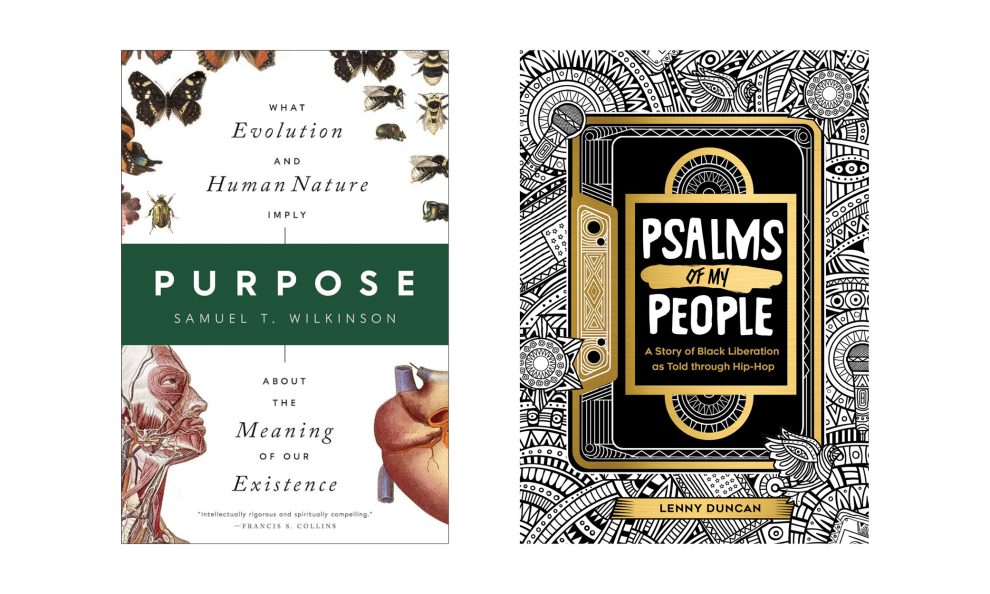
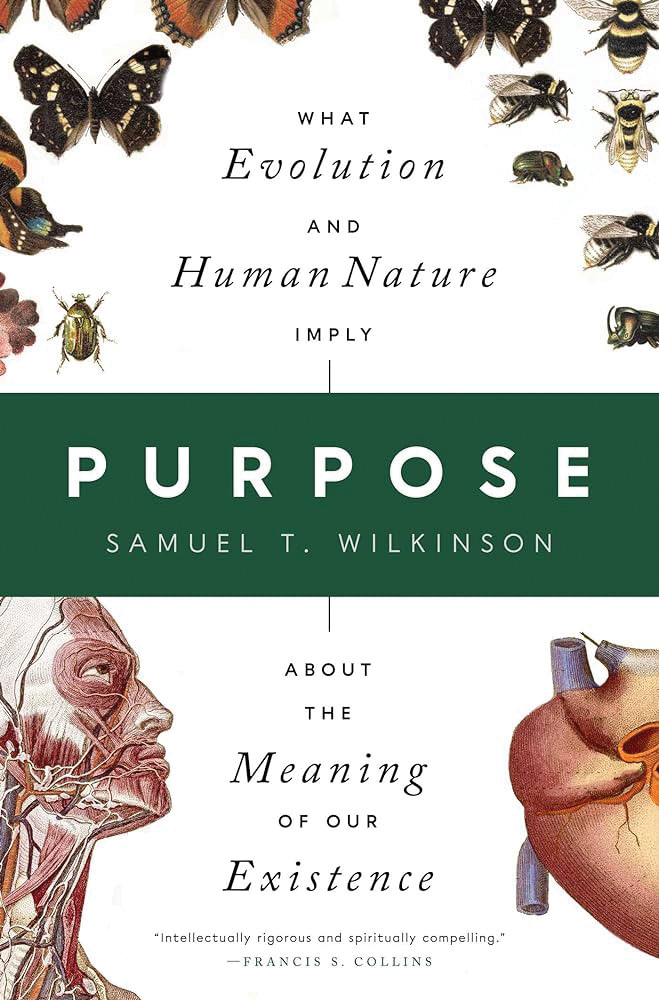

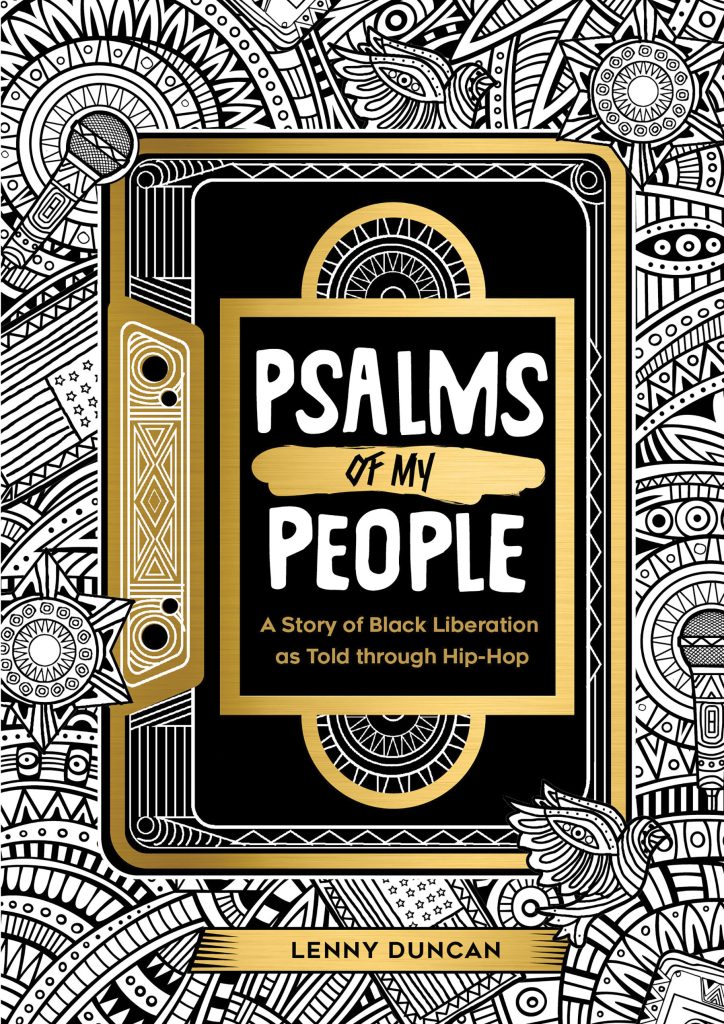
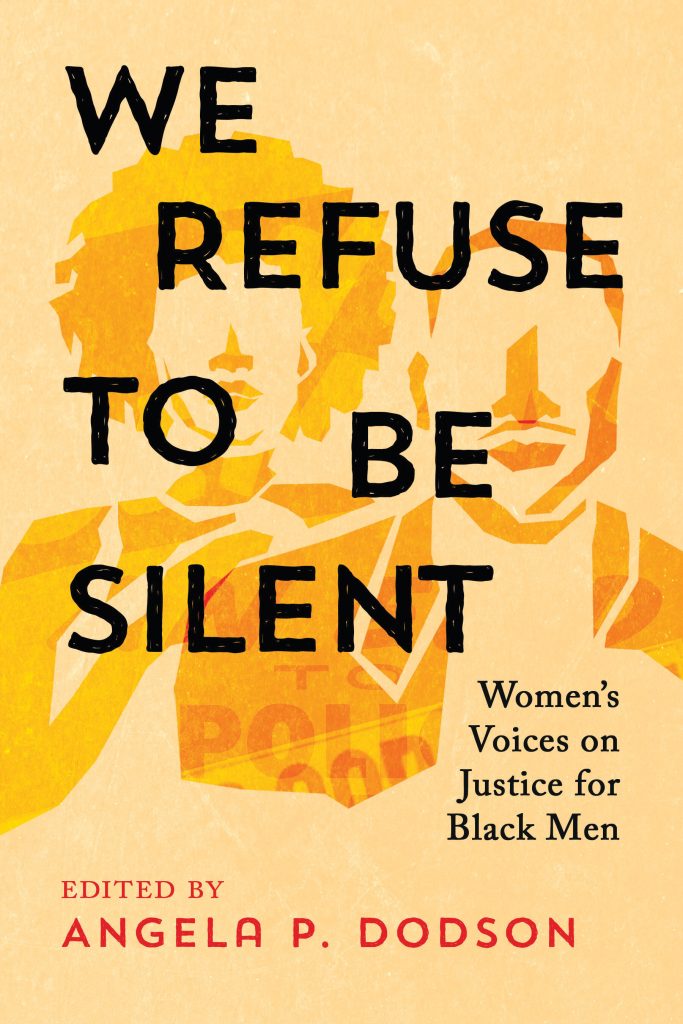

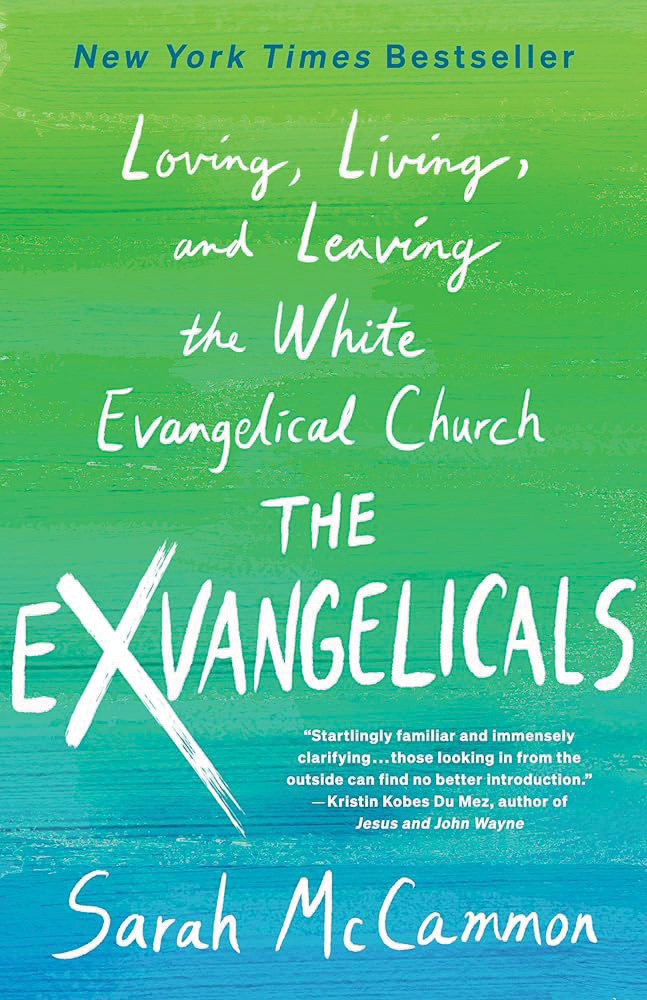











Add comment